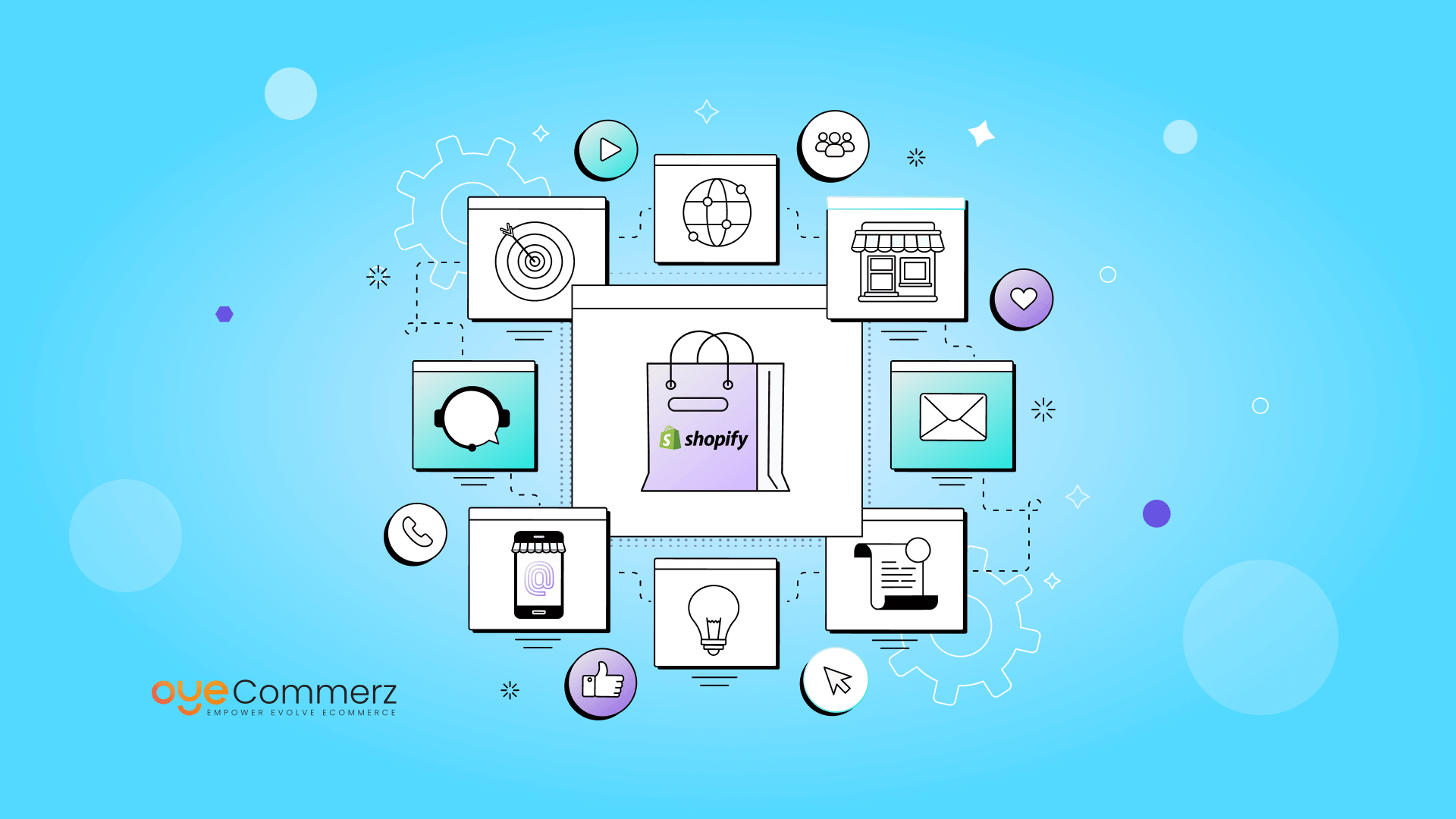Overview
In today’s cutthroat e-commerce landscape, differentiating is paramount, and a top method to differentiate a Shopify store is through tailored app development. A robust Shopify app can boost store functionality, simplify processes, and elevate customer interaction. This article delves into essential aspects of Shopify app development, covering API integration and app ecosystem to scaling strategies and promotion methods, offering a roadmap for companies seeking unmatched store efficiency.
The Importance of Shopify API Integration
Shopify’s API offers robust tools to customize and expand store capabilities. With the GraphQL and REST API options, developers can access data to build applications that handle inventory management, order handling, and customer data management smoothly. Integrating Shopify’s API can enable improved workflow automation and enables stores to serve customers more effectively.
Utilizing the Polaris Design System
Polaris is Shopify's set of design guidelines for creating intuitive and easy-to-use Shopify apps. By adhering to Polaris principles, developers guarantee that apps integrate smoothly within the Shopify Admin interface. This ensures a cohesive look and feel that resonates with Shopify merchants, encouraging usability and familiarity for merchants using your tailored app.
Understanding the Shopify App Ecosystem
The Shopify app ecosystem provides numerous opportunities for improving online stores. From managing fulfillment processes to increasing customer interaction, apps in this ecosystem are tailored to meet various business requirements. Familiarizing with this ecosystem assists developers in finding unique app opportunities and allows for smooth connections of external tools that enhance the store.
Building Embedded Shopify Apps
Embedded apps integrate directly within the Shopify Admin, providing a smooth interface for merchants. They allow merchants do not need to navigate away from their Shopify dashboard, simplifying their process. Employing Shopify App Bridge and embedded app features is a best practice for providing a cohesive, well-integrated user environment.
Using Node.js and React for Shopify Apps
Node.js and React have emerged as ideal tools for Shopify app development. This server-side framework enables efficient back-end services, while React enables dynamic, responsive front-end design. Shopify design guidelines Combined, they offer an excellent framework for creating speedy, growth-ready Shopify apps that improve store functionality and customer engagement.
Utilizing Webhooks in Shopify Development
Webhooks allow real-time data synchronization between Shopify and an external app. They trigger events such as order creation or inventory updates and send instant notifications to your app. By implementing webhooks, apps can provide up-to-date information to store owners, simplifying processes and increasing efficiency.
Engaging Customers Through Digital Marketing for Shopify Apps
To ensure Shopify app success, connecting with users is crucial. Using online marketing techniques like SEO, email marketing, and social outreach can increase app usage. Additionally, creating applications with customer interaction as a focus (e.g., loyalty programs or personalized suggestions) boosts user loyalty and satisfaction.
Scaling Your Shopify App
As e-commerce businesses grow, so do their technological needs. Ensuring that your app can scale to handle increased traffic, larger data sets, and more advanced functionalities is critical. By improving server resources and using scalable technologies, you can develop apps that grow in parallel to a store’s growth.
Important Features and Maintenance Tips for Shopify Apps
For an app to be effective, it should include essential features like user login, analytics dashboard, and customer support options. Regular app upkeep, including updates to fix bugs and ensuring compatibility with new Shopify functionalities, is important to maintain continuous operation and prevent disruptions to merchant workflows.
Conclusion
Custom Shopify app development offers immense opportunities for e-commerce stores, providing the ability to improve performance, simplify operations, and build customer relationships. From integrating APIs to focusing on Key tools for Shopify store growth scalability and customer engagement, building a Shopify app requires careful planning and strategic execution. If you’re prepared to elevate your e-commerce experience, a tailored Shopify application may be the perfect solution. What features do you see for your ideal app? Share your thoughts and take the first step toward an optimized e-commerce experience!
